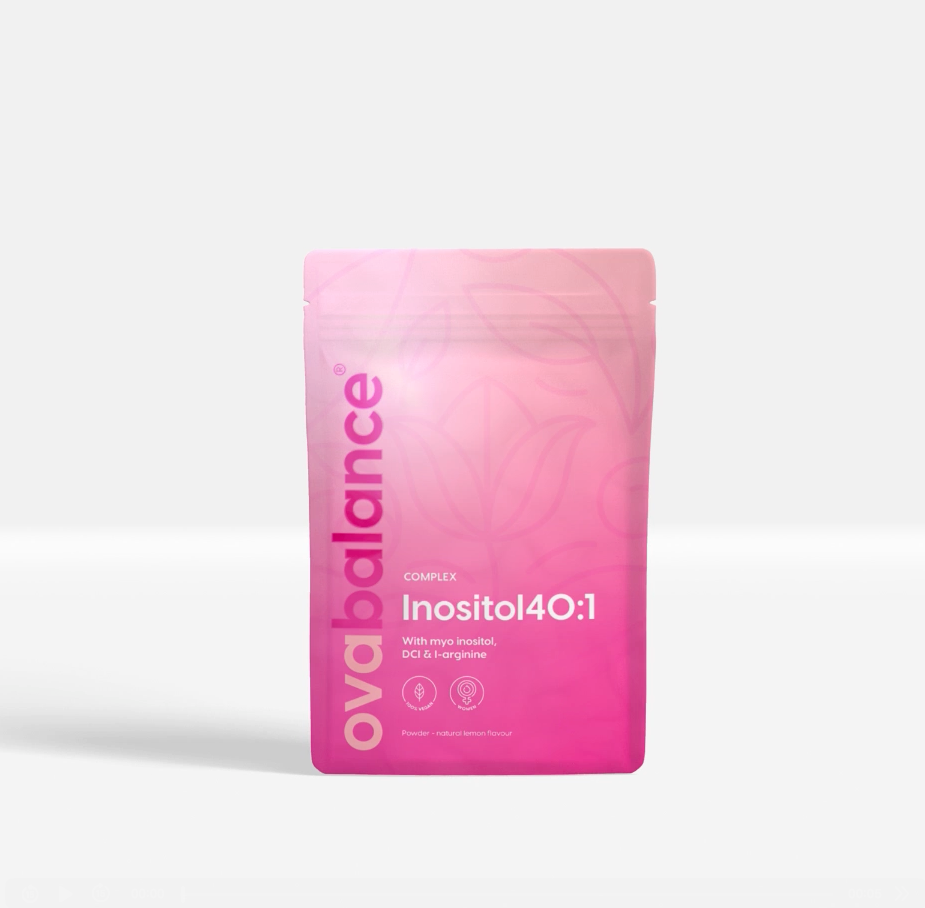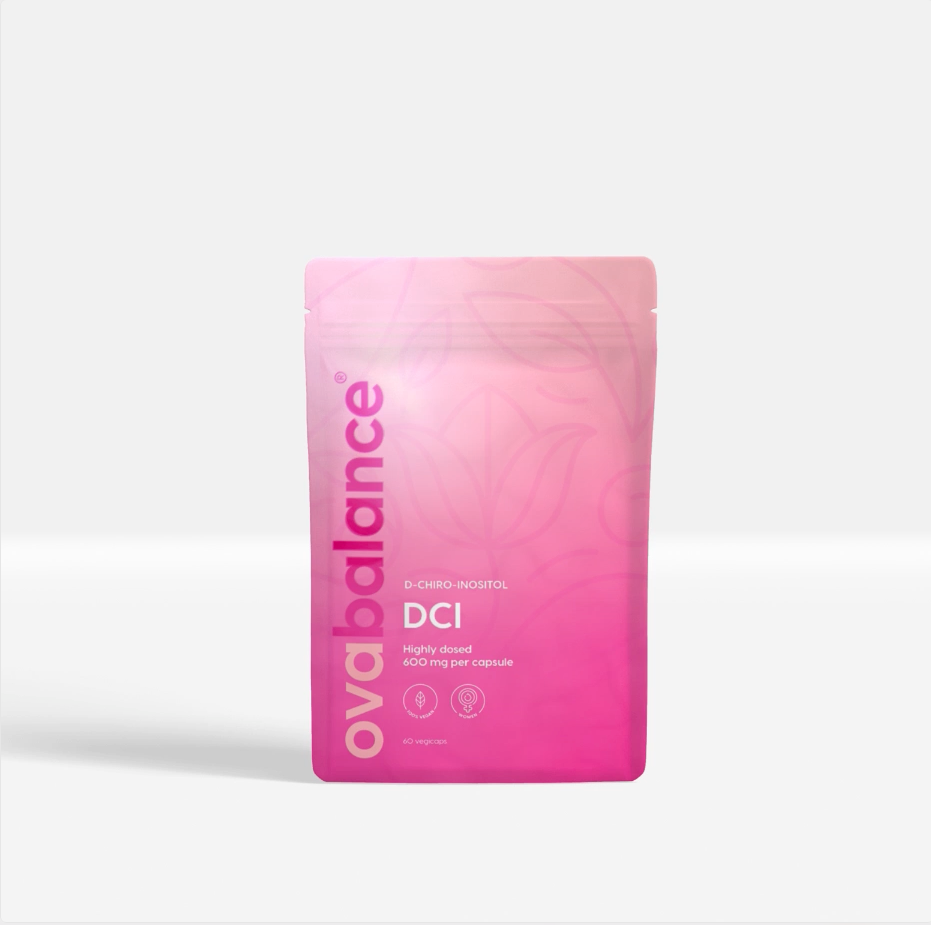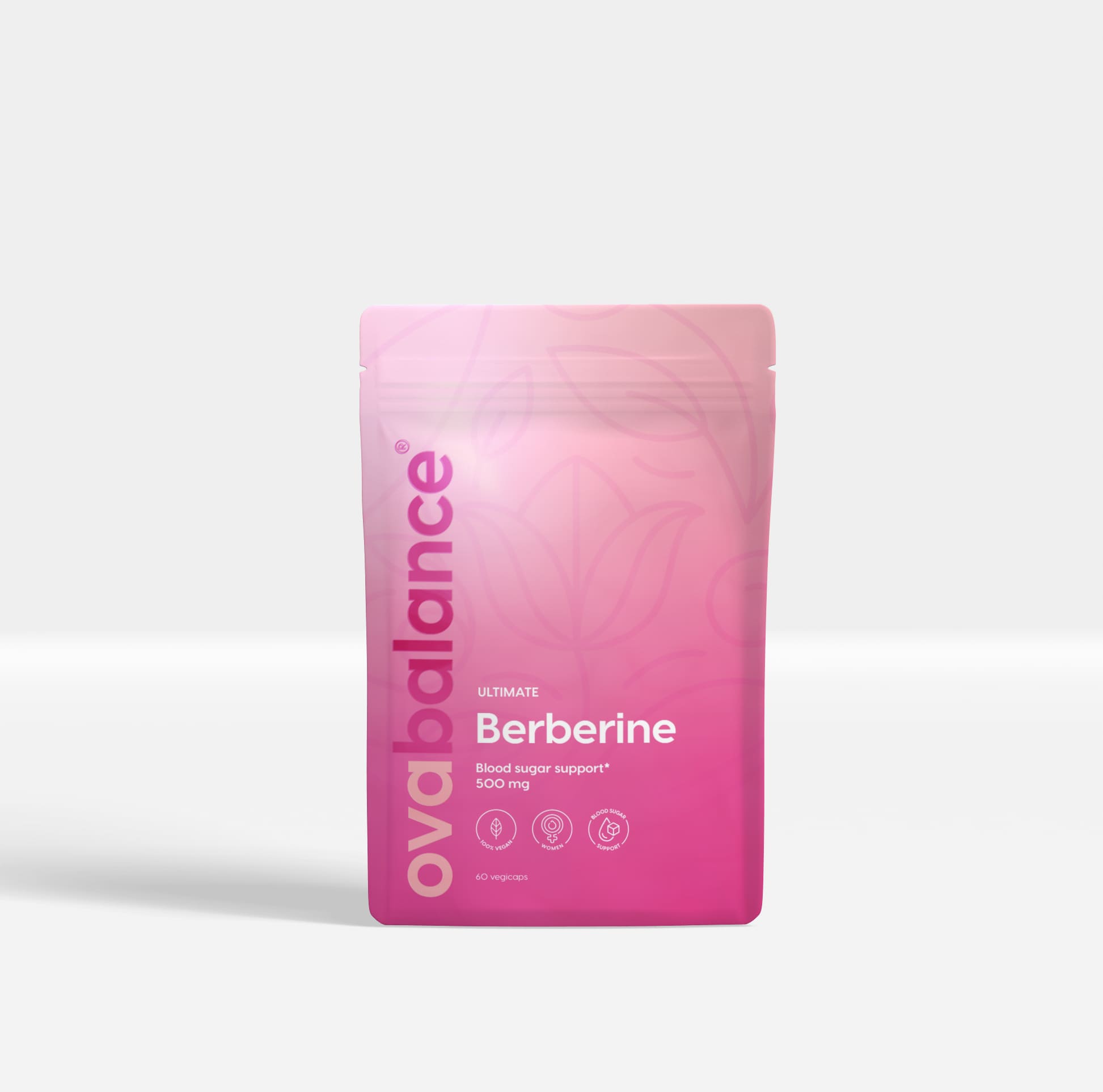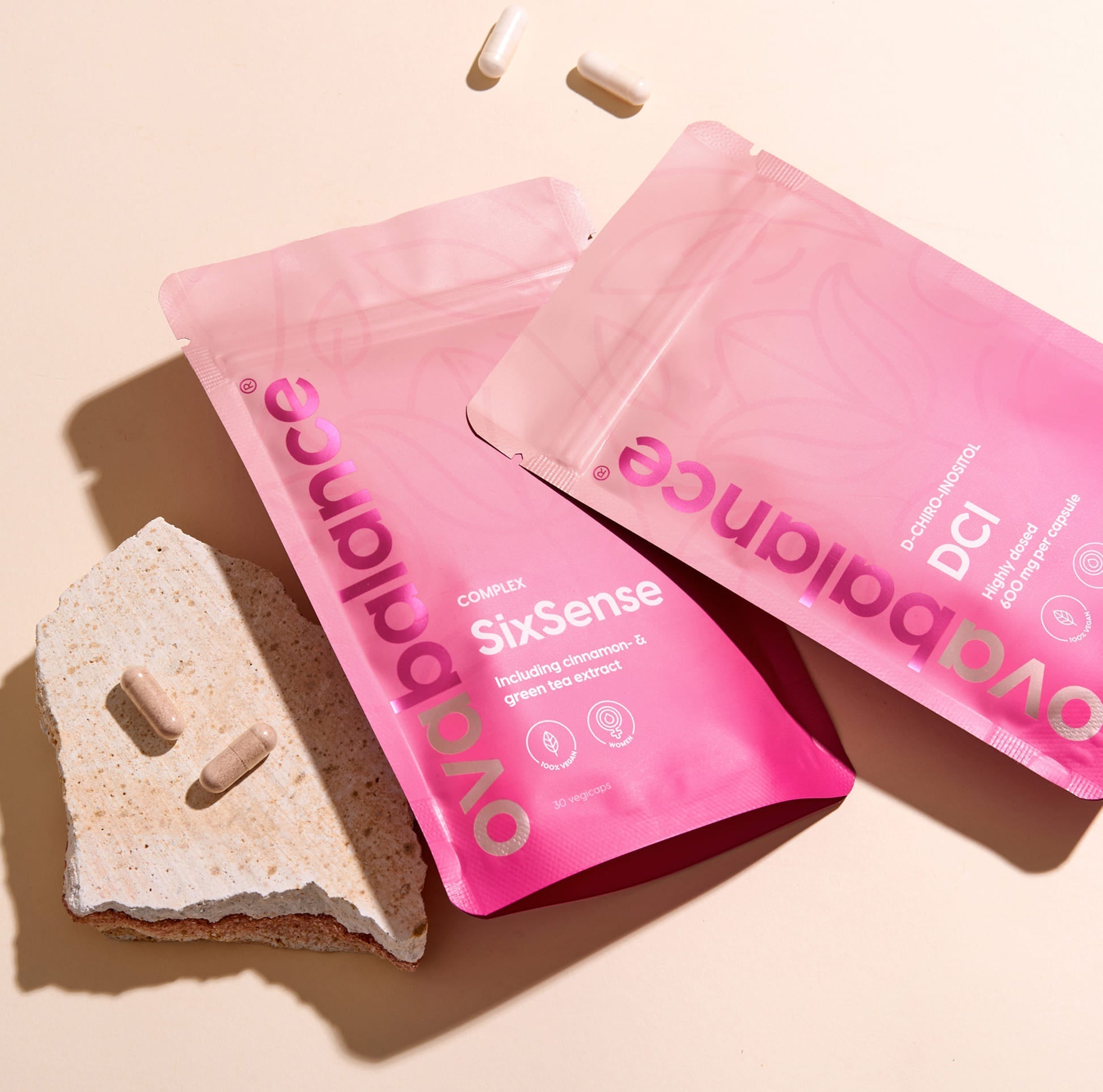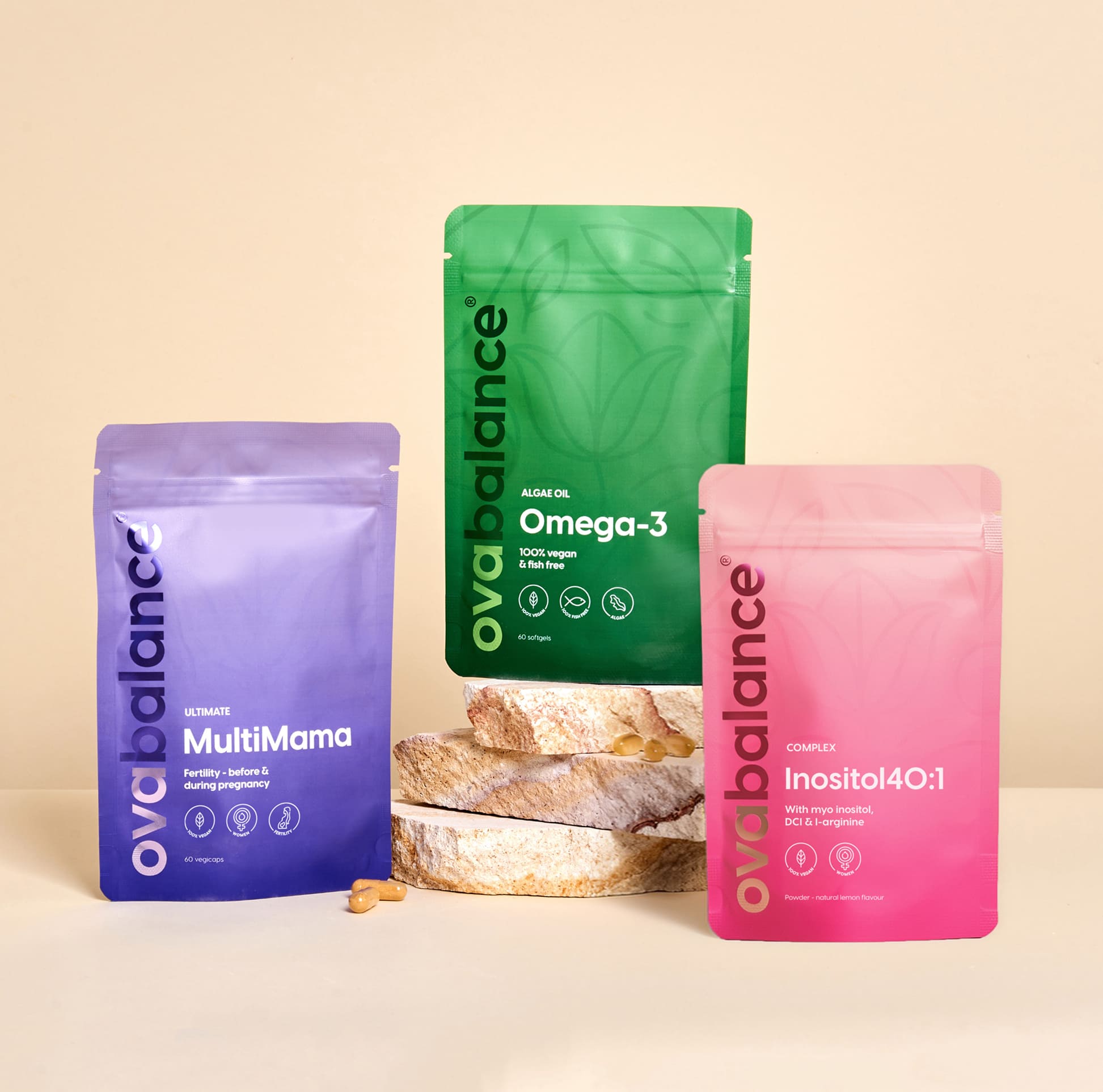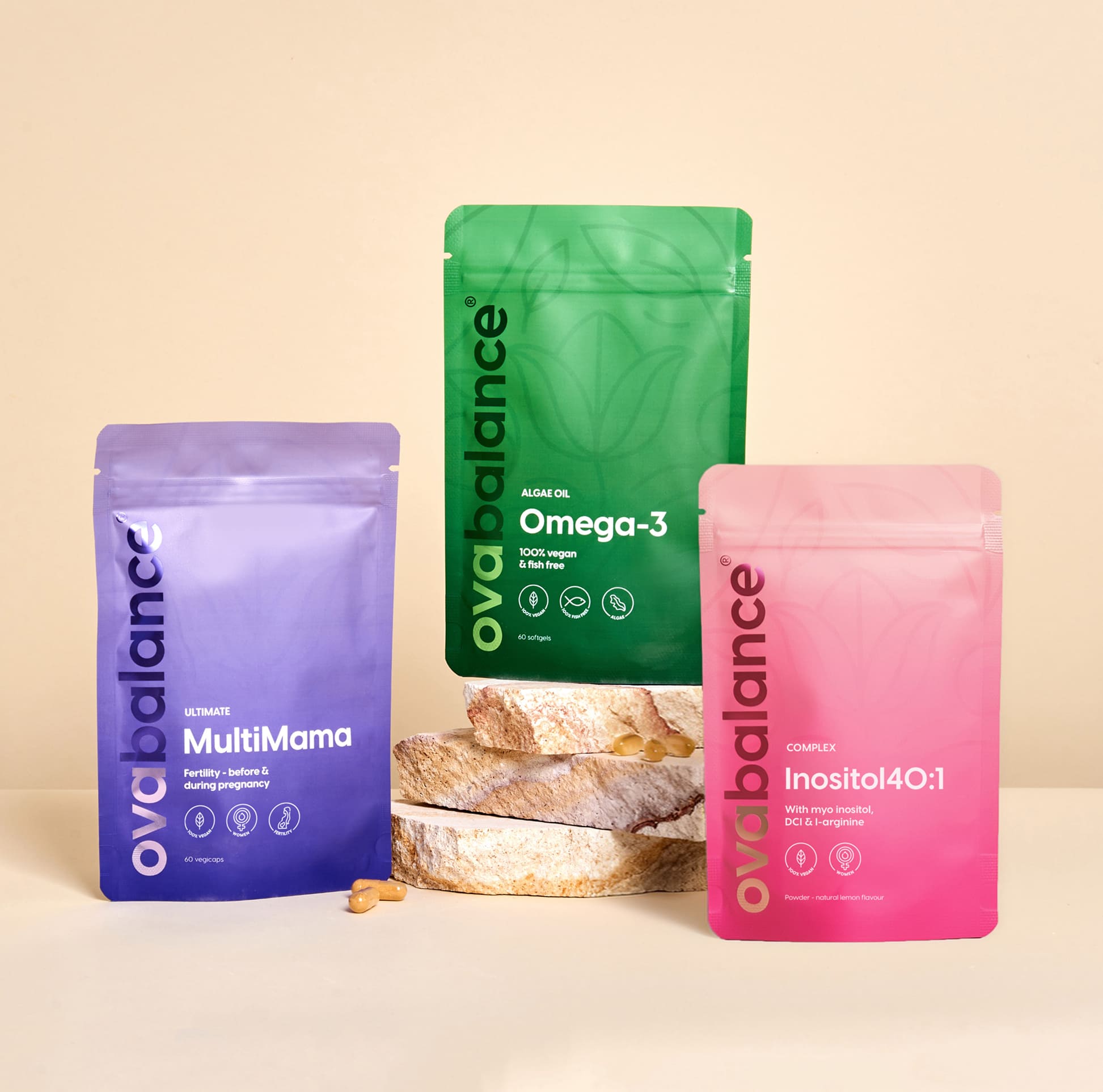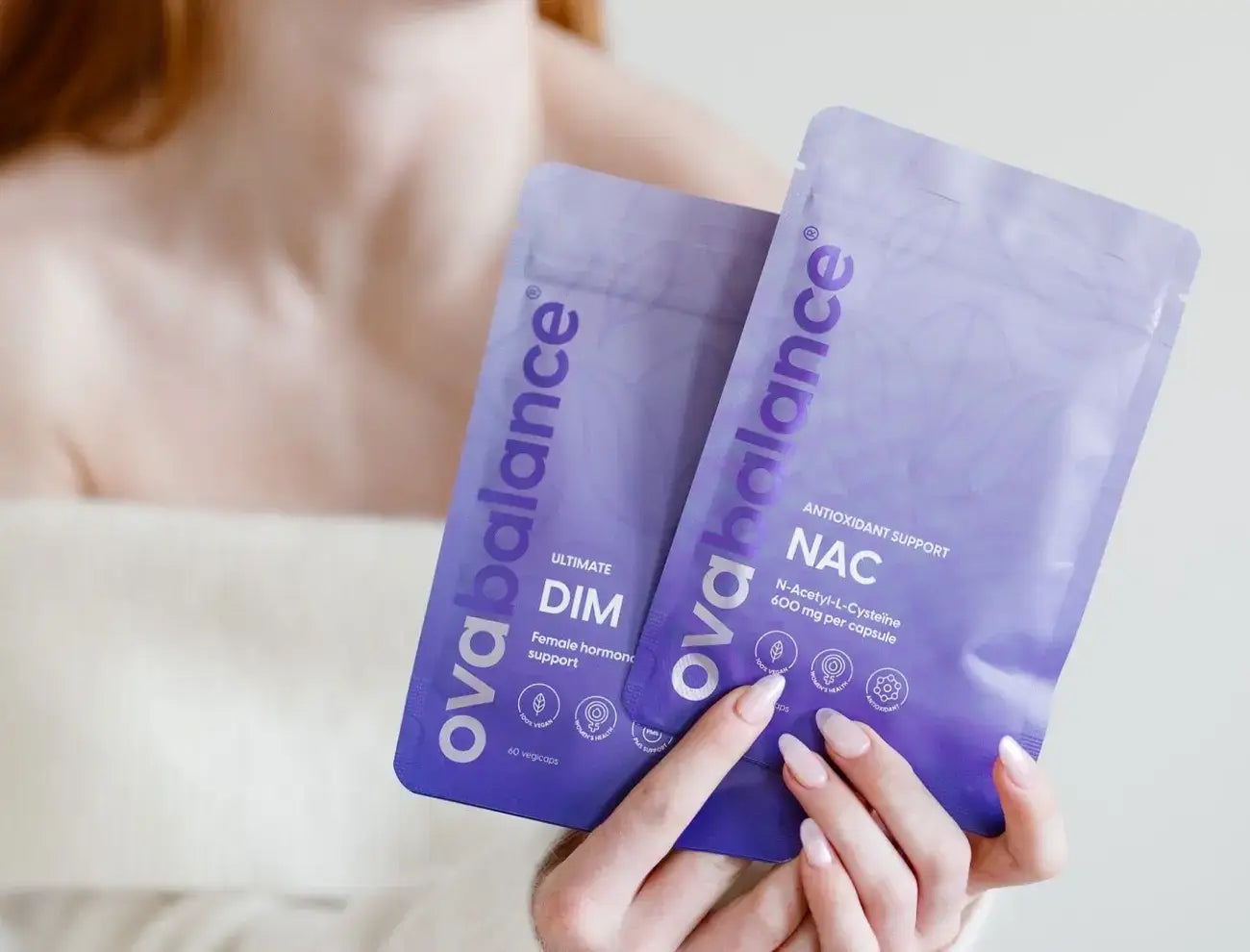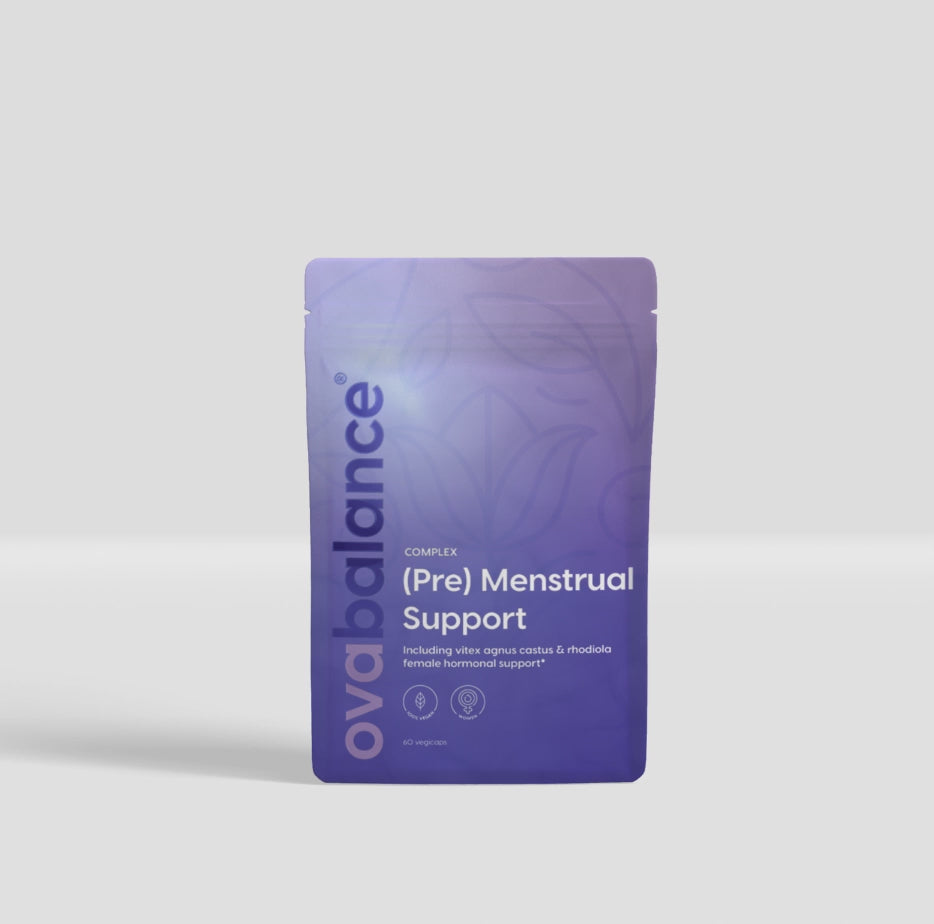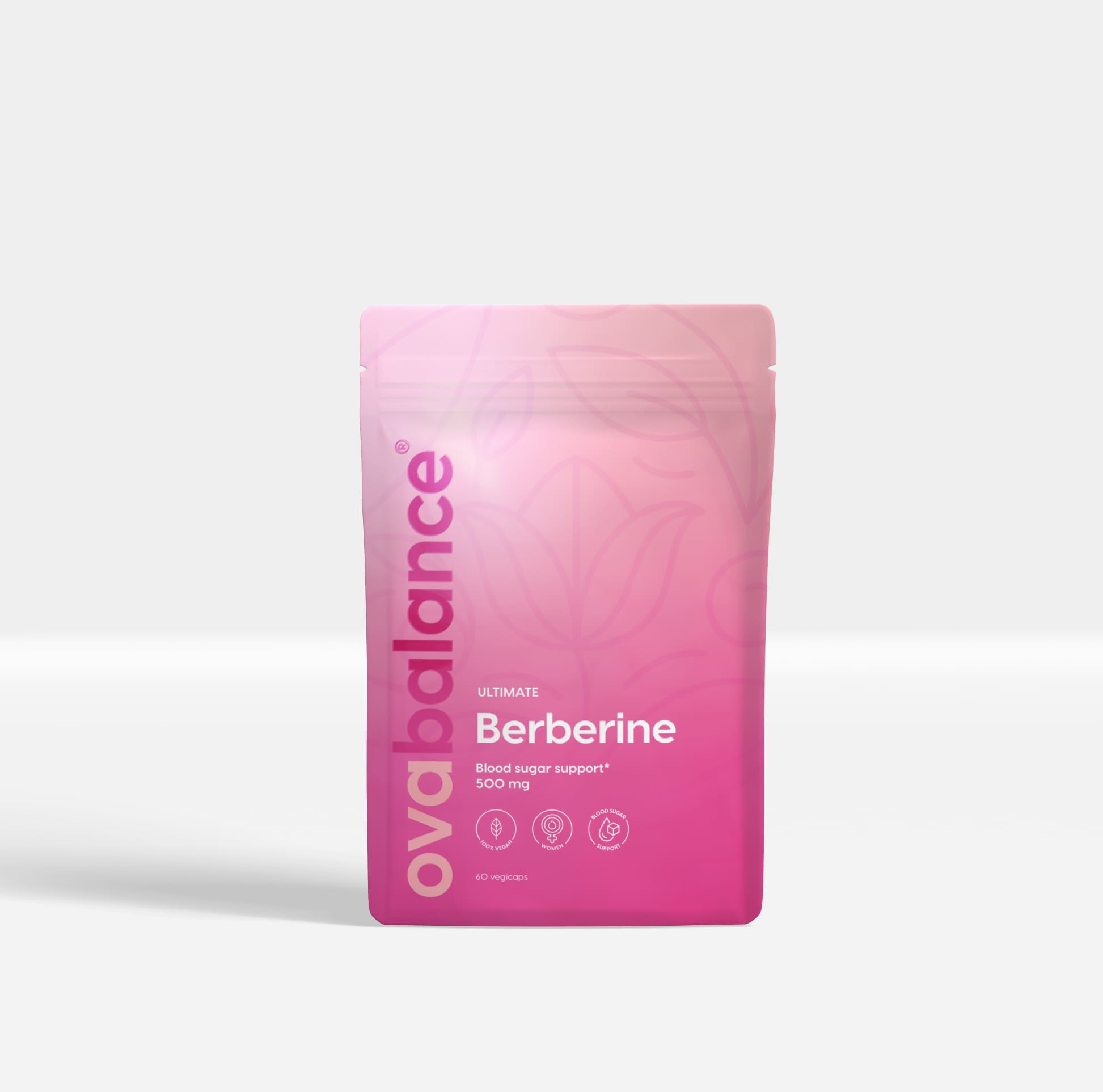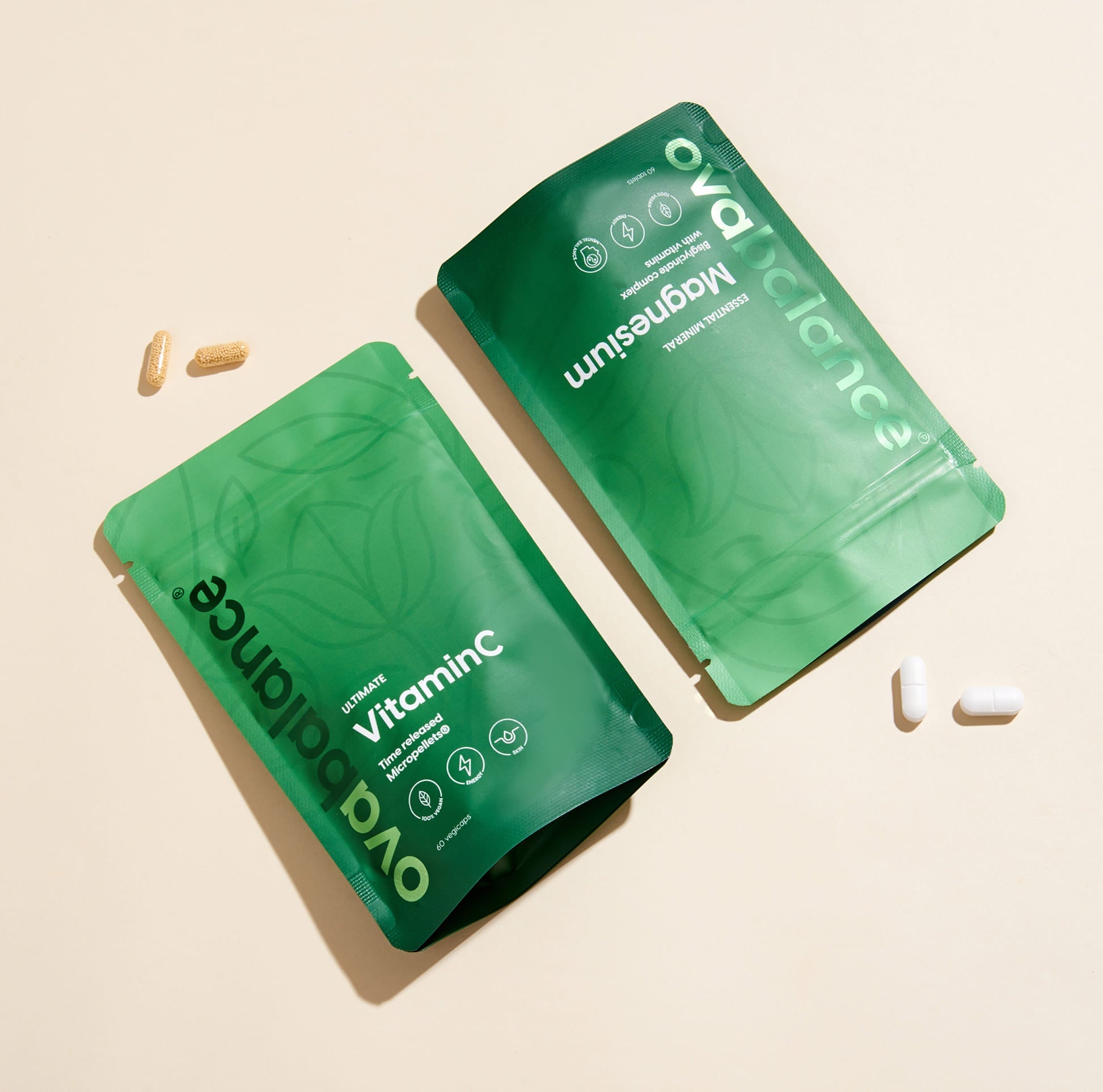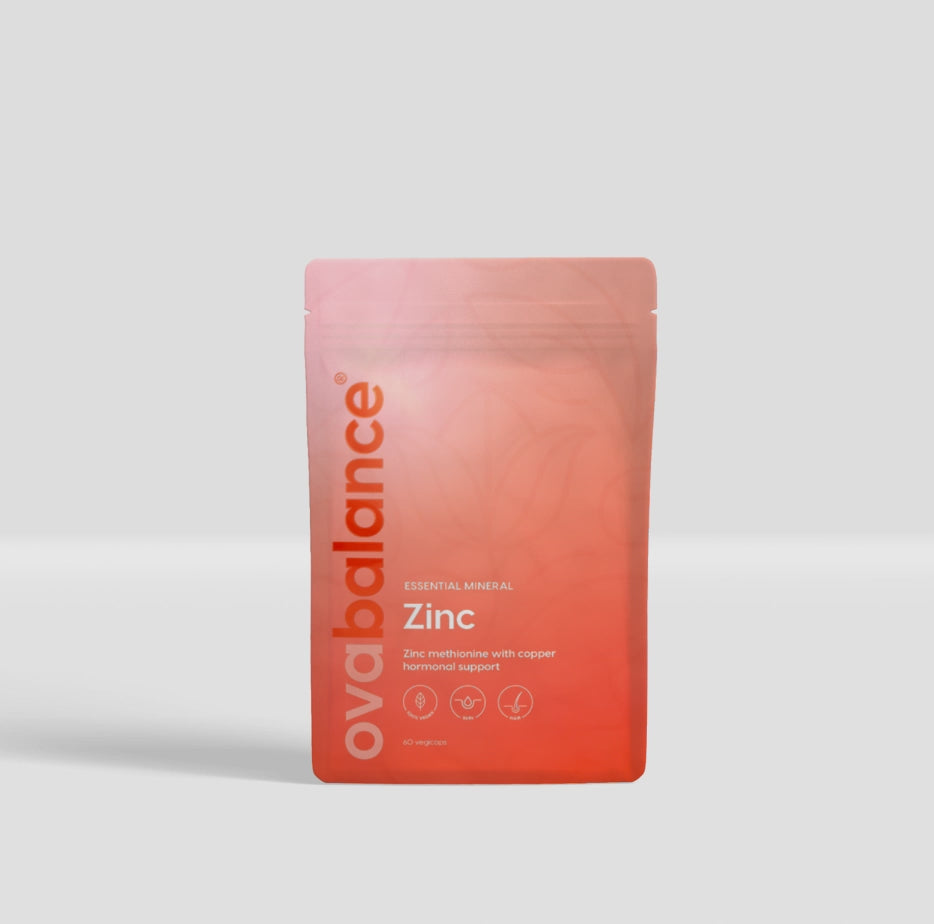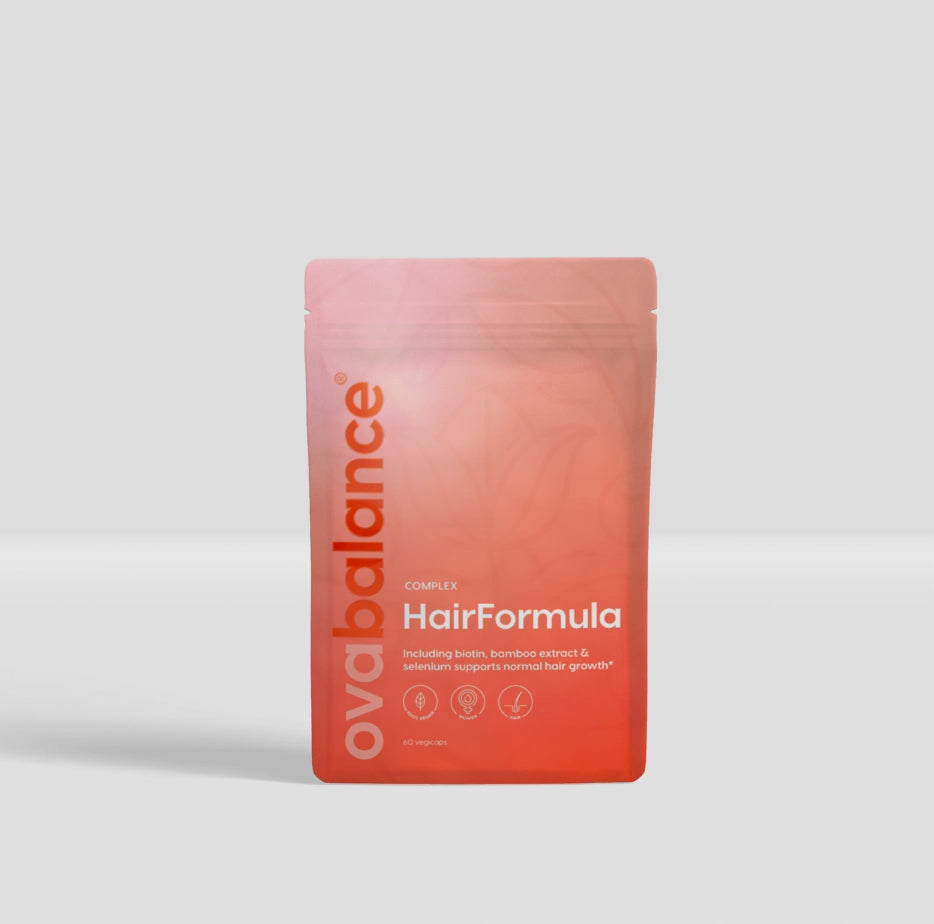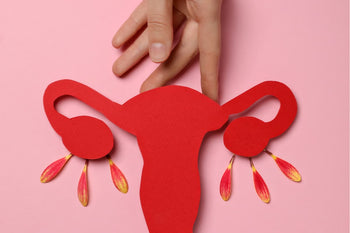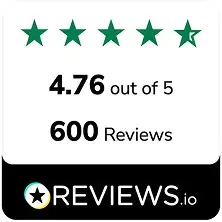

Are you worried about a vitamin B12 deficiency? And do you want to know everything about this important vitamin? In this article we will tell you everything about vitamin B12. What is it; where is it found and what are the symptoms of a vitamin B12 deficiency?
You are young and have a busy life. Fun, but also tiring because all those responsibilities ask a lot of you. That is why you try to eat as healthy as possible in addition to your busy life. You are constantly trying to find ways to support your energy and psyche. Vitamin B12 is an essential nutrient that you cannot overlook. Vitamin B12 supports your energy level, because this vitamin helps to release energy from your food.
Contents
Recognizing a Vitamin B12 Deficiency
A B12 deficiency can cause you to develop a form of anemia. You will notice this, for example, in symptoms such as fatigue, dizziness and sometimes also palpitations. In addition, a reduced amount of vitamin B12 in your blood can have effects on your nervous system. You experience this, for example, as tingling in your fingers and memory loss. Problems with your coordination and muscle weakness can also be related to a vitamin B12 deficiency.
A vitamin B12 deficiency? When should I pay extra attention?
Vitamin B12 deficiency is more common than is generally assumed. It is often wrongly thought that B12 deficiency only occurs in people with pernicious anemia (vitamin B12 deficiency due to autoimmune gastritis) and in strict vegetarians.
There are many more causes for a deficiency. It is also often thought that a vitamin B12 deficiency always goes together with anemia, which is not the case, which is why the diagnosis is often missed.
Vitamin B12 is almost exclusively found in animal products. As a result, you run a higher risk of a vitamin B12 deficiency as a vegetarian or vegan.
What is vitamin B12?
Vitamin B12 is a water-soluble vitamin. We also call it cobalamin. Your body uses it for many different processes. For example, for the proper functioning of your nervous system and for releasing energy from your food.
The daily recommended amount of vitamin B12 for adults is 2.8 micrograms. However, if you are pregnant or breastfeeding, your need for this vitamin is slightly higher. Namely 3.3 micrograms per day if you are pregnant and 3.8 micrograms per day when breastfeeding.
What foods contain vitamin B12?
Vitamin B12 is mainly found in animal products such as meat, fish, eggs and dairy products. Liver, sardines, mussels and mackerel are particularly known for the large amounts of vitamin B12 they contain. But eating cheese, steak and eggs can also help provide your body with vitamin B12. To get enough vitamins, it is important that you eat healthy and varied.
Are you vegetarian or vegan? Then you should pay extra attention to their vitamin B12 intake, because plant foods are not natural sources of B12. At least not of a variety that works for humans, because you can't absorb it.
What does vitamin B12 do?
Vitamin B12 has many different functions for your body. Before we go into more detail about vitamin B12 deficiency in this article, it is useful to know what exactly vitamin B12 does in your body.
Vitamin B12:
- Supports your energy levels and helps release energy from your food;
- Contributes to the production of cells and tissues and helps with cell renewal;
- Is important for the production of red blood cells. These red blood cells are in turn important for the transport of oxygen in your body;
- Plays a role in the production and breakdown of homocysteine (it is important for your body that the level of this amino acid in your blood does not become too high);
- Contributes to the normal functioning of the immune system;
- Contributes to normal psychological function. It helps maintain healthy concentration, memory and learning performance and vitamin B12 is also beneficial for good mental balance.
- Contributes to extra energy in case of fatigue;
- Contributes to the normal functioning of the nervous system.
In short: are you tired and do you need support for your energy during the day? Then vitamin B12 can help with that. Do you suspect that you do not absorb enough vitamin B12 from your food? Or do you eat vegetarian or vegan? Then you can supplement your diet with a supplement with extra vitamin B12. Supplements can be a nice addition to your healthy diet.
Read all about vitamin B12 supplements from Ovabalance here >>

How is vitamin B12 absorbed in your body?
The absorption of vitamin B12 is a rather complicated process. Vitamin B12 is not simply absorbed through the intestinal wall. In order to be absorbed, vitamin B12 needs a substance to which it can bind. This substance is called 'intrinsic factor' and is produced in the stomach. Linked to the intrinsic factor, vitamin B12 is transported via the stomach, further through the intestinal tract. Once it has arrived in the last part of the small intestine, vitamin B12 is absorbed into your blood.
Impaired absorption of B12
There are also people who are less able to absorb vitamin B12. For example, you absorb too little vitamin B12 if there is too little intrinsic factor produced in your stomach. Or when the absorption in the intestines is prevented for some reason. This can be the case if you have ever had intestinal surgery. Older people have more difficulty absorbing vitamin B12 and therefore a deficiency. This is because the production of stomach acid can decrease as you get older.
How quickly does a vitamin B12 deficiency develop?
A vitamin B12 deficiency can occur if you:
- The vitamin is not absorbed sufficiently;
- Because you are not getting enough vitamin B12 in your diet.
A vitamin B12 deficiency is not common if you eat animal products. Are you vegetarian or vegan? Then it is a different story. You must then supplement your healthy diet with vitamin B12 to absorb enough of it. This can be done with supplements.
How do you find out if you have a vitamin B12 deficiency?
Are you experiencing symptoms of a vitamin B12 deficiency? For example, do you have pale skin or a feeling of fatigue? Do you feel a bit light-headed or do you have little appetite? Then contact your GP. The GP can have your blood tested to see if there is a vitamin B12 deficiency.
Vitamin B12 Supplements
Vitamin B12 supplements are a great way to supplement the vitamin B12 you get from your diet. Vitamin B12 can help keep your nervous system healthy, support the production of red blood cells and help with fatigue.
It is important to choose quality supplements that are well absorbed by the body. The Vitamin B12 melt tablets from Ovabalance, for example, contain a bioactive and well-absorbable form of vitamin B12. They are therefore a good addition to a vegetarian or vegan diet.
The Ovabalance VitaminB12 supplement contains B12 in the form of methylcobalamin. This is a bioactive form of vitamin B12. This means that the vitamin does not need to be converted again in the body before it is effective.
Vitamin B12 during pregnancy
For pregnant women and women who are breastfeeding, sufficient intake of vitamin B12 through food is important. If you are pregnant or breastfeeding, you have a higher need. That is why vitamin B12 is also included in the Ultimate Multi Mama, specially developed for women: a multivitamin for women who want to have children, pregnant women or women who are breastfeeding.

